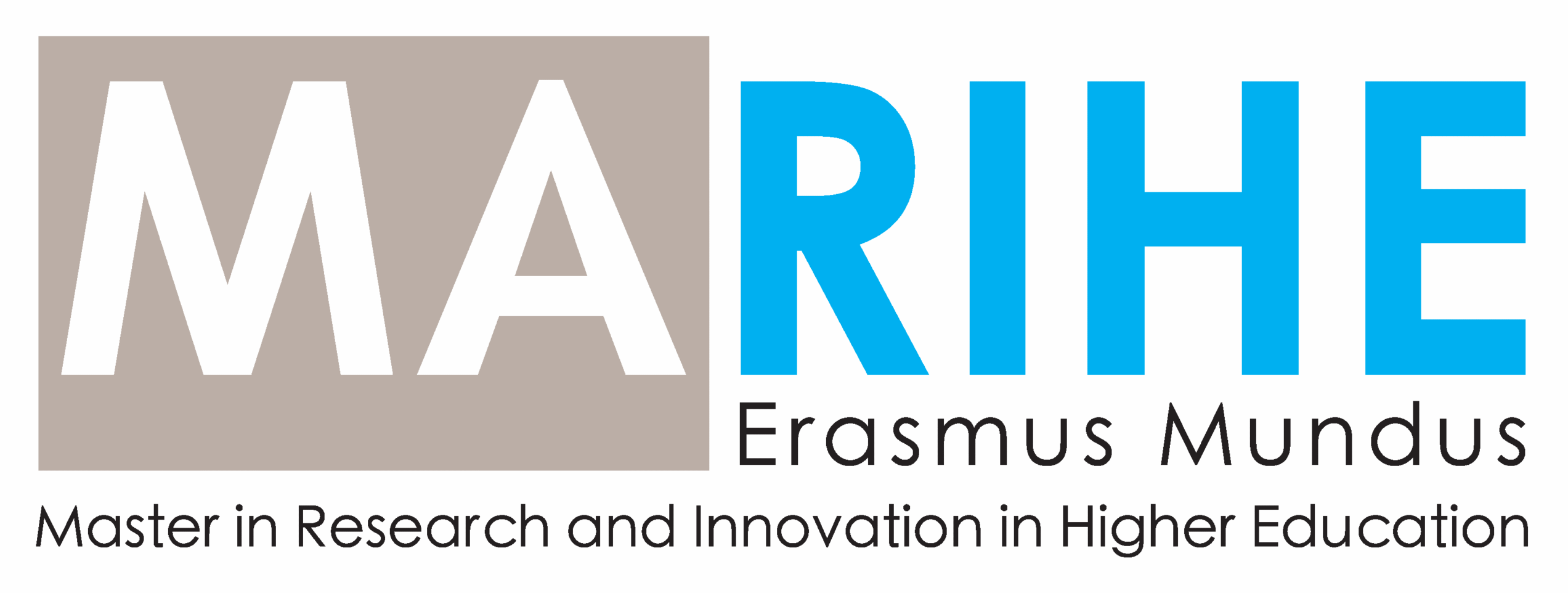Testimonials and Interviews
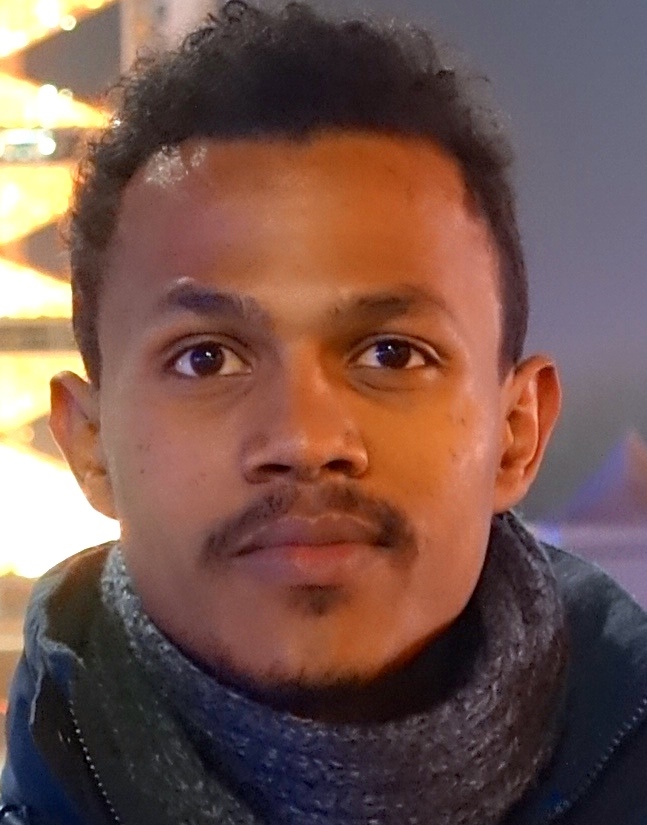
Rediet Abebe, PhD, Aalto University
How does your current career life look like? I am pleased to say that my current career fully utilises my expertise in higher education. My daily responsibilities encompass strategic planning and foresight, quality evaluations, and analysis of emerging transformations in the higher education landscape and its operating environment. My career has allowed me to explore an area of higher education that is rarely addressed in academic studies, future scenarios and development trajectories of the higher education system.
MARIHE´s contribution to your current career path? MARIHE paved the way for my doctoral studies and my current career in higher education administration. I have the privilege of applying the knowledge and insights from my studies in my work each day. The network I built during MARIHE continues to expand my social and professional capital.
If you go down the memory lane of MARIHE, you think about…? I have plenty of nice memories from MARIHE days, but I particularly cherish the close friendships I formed with my classmates and the inspiration I gleaned from their qualities and diverse perspectives. Our multicultural group made the MARIHE experience unforgettable. We still reminisce fondly whenever we have the chance to reunite. The MARIHE family has expanded over the years, and I hope those who joined the programme after us continue to fully benefit from it, both professionally and personally.
Rediet Abebe is originally from Ethiopia. Before graduating from MARIHE in 2014, he taught Sociology at Arba Minch University, Ethiopia. He then completed his PhD studies in Higher Education, at Tampere University, Finland. He currently works as a specialist in strategic management and quality system development at Aalto University, Finland.
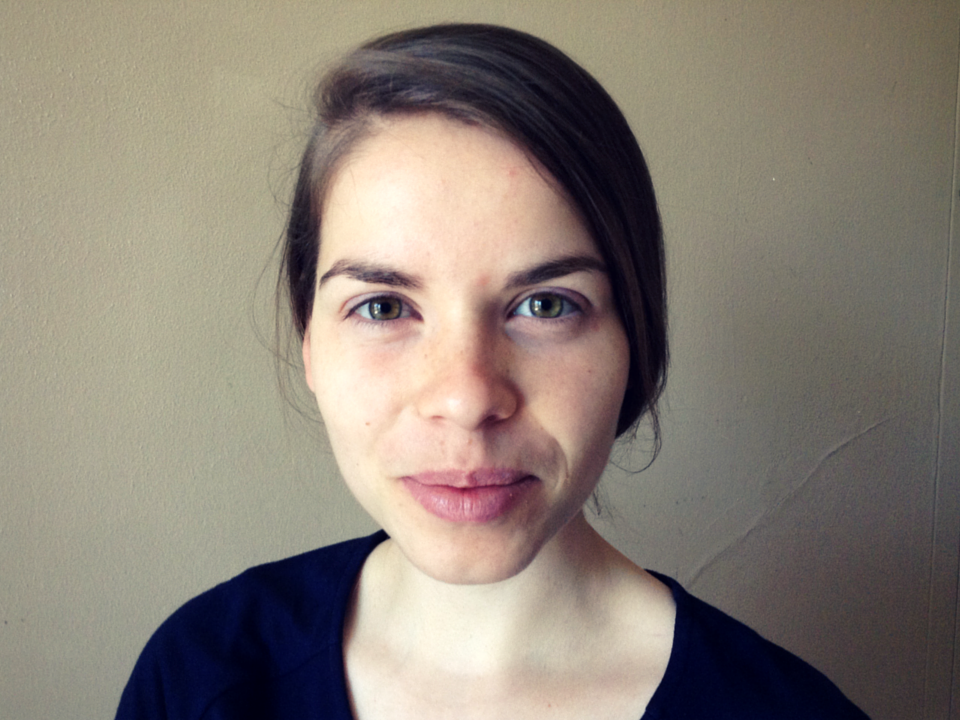
Georgiana Mihut, PhD, Boston College
MARIHE is an incredibly well connected program to both current research and policy actors in the field of higher education. The internship I underwent as part of the program in my case contributed to the formation of significant professional contacts.
How does your current career life looks like? I see my PhD studies as a forum where I can challenge myself to try tricky methodologies and combining multiple disciplines and concepts. While concurrently studying towards PhD, working and holding additional on-going appointments, my current activities are designed to aid in developing a future career in the field of international education and higher education.
Your PhD topic in Twitter format? #UniversityPrestige, skills and employment of graduates: Does prestige act as a #discrimination factor in the labour market?
If you go down the memory lane of MARIHE, you think about…? Beijing, spring like weather with a clear blue sky. The cohort was visiting the Beijing Imperial Academy.
Georgiana Mihut, originally from Romania. Before graduating from MARIHE she graduated from Education and Globalization master program, University of Oulu, Finland. She is currently studying towards her PhD in the higher education PhD program at Boston College (USA), working at the Boston College Centre for International Higher Education and is acting as chair of the Course Quality Advisory Board of the Erasmus Mundus Student and Alumni Association.
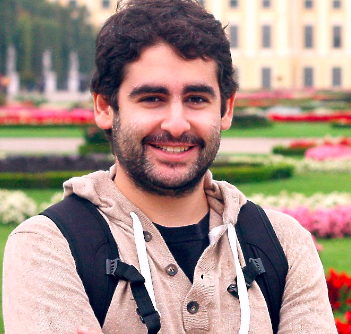
Martin Galevski, PhD, University of Oxford
I think that graduating from MARIHE was a major transition from someone who shows just sporadic interest in the field of higher education to a trained higher educational scholar and passionate educationalist, prepared to provide a lead on higher educational improvement issues.
How does your current career life looks like? Only a few months after finishing the MARIHE programme in 2014, I started a doctoral degree in education at the University of Oxford – with a focus on the factors that influence the decision of academic staff in the UK to leave the academic profession and enter other occupations.
MARIHE´s contribution to your current career path? The MARIHE internship at FINHEEC (Finnish Higher Education Evaluation Council) allowed me to grasp a deep understanding of the process of quality assurance in Finland and beyond. Few months after the end of my internship period, I was invited by FINHEEC to participate in the international audit of the University of Helsinki. Since then, I have also been invited by other quality assurance agencies to participate in quality audits across Europe.
Martin Galevski, originally from Macedonia. Before studying in MARIHE he was actively engaged in the work of the Youth Education Forum (YEF) – one of the largest CSOs devoted to the youth in the Western Balkan region. Currently he is working on his doctoral degree in education at the University of Oxford, UK.
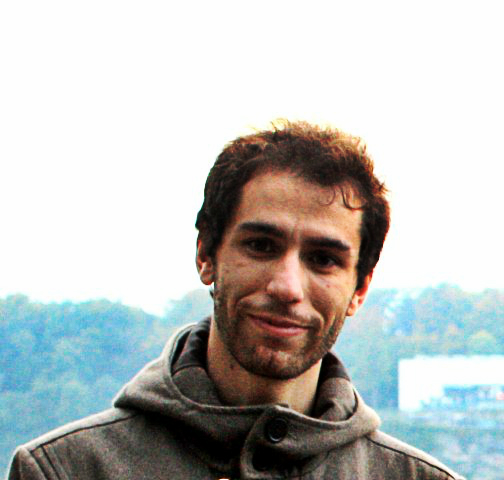
Luis Carvalho, Accreditation analyst
With graduation from MARIHE I wanted achieve expertise in the field of education and gain more knowledge and practice in developing research in the social sciences. Additionally, I ambitioned to have a sound living experience in a multicultural environment.
MARIHE´s contribution to your current career path? If I name some, the wide range of knowledge in the key areas of higher education (management, quality, human resources, etc.) as also an internship in a reputed quality assurance agency FINHEEC (Finnish Higher Education Evaluation Council). I would also put forward the chance getting to know more experts and researchers in the field of higher education, particularly in my own country.
If you go down the memory lane of MARIHE, you think about…? Any moment from the semester in China, which represented an unforgettable opportunity to live in a riveting culture where the social and cultural patterns are quite distinct from those experienced in Europe. Also, the great friends that I’ve made in these 2 years, especially those with whom I shared most of the daily experiences of this unique academic and personal odyssey.
Luis Carvalho, originally from Portugal. Before graduating from MARIHE he was working in a research institution in health sector, taking part in different projects related with health prevention and science education for young audience. He is currently working as accreditation analyst at University of Porto, Portugal. He is also collaborating with the Finnish Education Evaluation Centre in institutional audits, and with the Erasmus Mundus Students and Alumni Association in conducting a large scale study, assessing EM students’ views on the supporting services of their programmes.
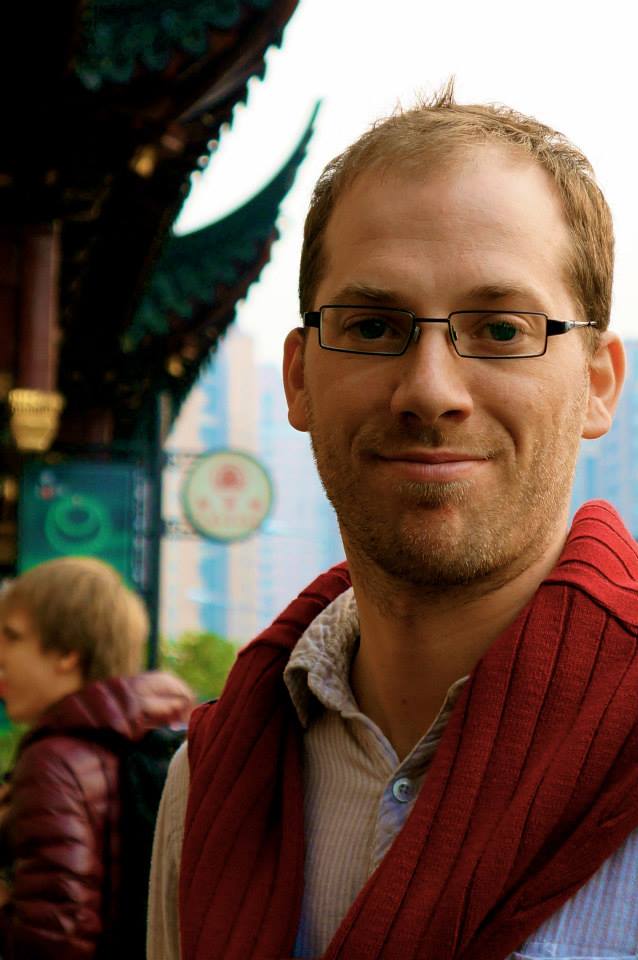
Andy Traveller, consultant, World Bank
Not only did MARIHE provide me with a valuable academic experience from a strong consortium of universities, but the diverse cultural and social experiences gained throughout the two years provided valuable skills and competences for all aspects of life and many cherished memories.
Andy Traveller, originally from New Zealand. Currently working as a development consultant for World Bank and Erasmus+ projects in Slovenia.

Ayenachew Woldegiyorgis, Consultant, World Bank
Due to MARIHE I could learn from esteemed researchers and practitioners from the field, which was highly beneficial for my current job, analysing international, regional and national higher education policy development.
Ayenachew Woldegiyorgis, originally from Ethiopia. Currently working as consultant at World Bank (USA).

Salome Bilanishvili, Head of the Office of Foreign Relations
I took a leave of absence to study in the MARIHE programme. The intercultural experience gained from studying among the group of international students in 4 different countries helps me every day at my new position.
Did you have professional experience before entering MaRIHE? I was working at Ilia State University before MaRIHE program as a chief specialist at the Office of Development and Foreign Relations.
Which aspect of MaRIHE was the most influential for your current career path? MaRIHE has been the right choice for me since it offered great opportunity to learn every possible topic related to HE management and get to know different HE systems and their characteristics. As my interest was to develop very specific skills to pursue my career path in university management, I followed Management Track and worked on the aspects of strategy implementation process within my final thesis.
Of course multicultural and international features attached to the program have been of great value both for my career and my personal development. It is very hard to pick one aspect. Probably the most valuable in MaRIHE was DIVERSITY – diversity of partner universities and countries to study in, diversity of professors with their background and philosophy, diversity of colleagues from all around the world, diversity of teaching materials and methods.
Your suggestions to future MaRIHE students? Work hard but do not miss the opportunity to fully enjoy the 4 different lifestyles MaRIHE is offering 🙂
Salome Bilanishvili, originally from Georgia. Before entering MARIHE she worked as Chief specialist at the Office of Development and Foreign Relations. She is currently working as Head of the Office of Foreign Relations, at Ilia State University in Georgia.
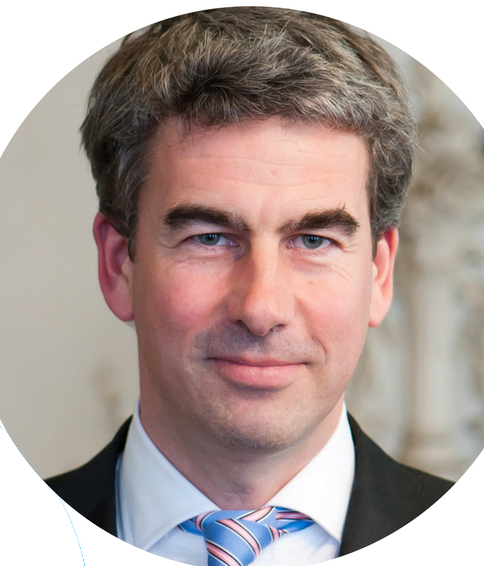
Thomas Estermann, European University Association
There are different forms of cooperation with the MARIHE programme of which the internship is just one element.
Internships should create value for the students and for the organizations accepting the interns. What added value do MARIHE students bring to EUA, hosting them in your Brussels office? The internship is based in the unit dealing with funding, governance and public policy development issues. First of all we try to integrate the students in our current work providing a mix of project and policy work. This allows them to get an overview of the different types of activities EUA is engaged with. According to our experience it’s important that the student is also working more in-depth on a selection of specific issues, so she or he can develop a deeper understanding of an area and better contribute to some results/milestones in a project or an activity. This can range from the joint development of questionnaires, to data preparation and analysis as well as drafting of texts, support in organisation of events or other dissemination activities. One element of the added value is that the intern supports us actively in our daily work. We also find it important that the student contributes to regular brainstorming sessions of how we can develop new activities or redesign existing actions. Here fresh ideas can bring added value to our thinking. Overall we are convinced that a successful internship provides both value for the student and for the host organisation.
In your personal opinion, what is the most valuable impact of an internship at EUA for students from a master programme such as MARIHE? We try to integrate the student as much as possible in our work and current activities. I believe that there are several valuable experiences that can be taken from the time with us. The student will gain an understanding of how EUA as one of the largest and comprehensive university intermediate body is operating in Brussels in several important areas of higher education and research policy an d see how that works in practice. At the same time the interns work on concrete projects, data analysis and communication and dissemination activities and have a hands-on learning experience. We also encourage the students to participate in several policy meetings in Brussels to see how policy development and engagement with the European institutions and other stakeholders works. I believe it is the mix and diversity of this work that provides the student with a better understanding of how a body like EUA is connecting work with members, data analysis and policy development at European and national level. Our aim is that the student leaves with a very practical experience and a better understanding of policy work in practice that she or he can then use in her further career. And we are happy to stay in touch with the student beyond the internship.
What is the recipe for a fruitful and long standing cooperation between university programmes and organizations such as EUA or businesses alike? There are different forms of cooperation with the MARIHE programme of which the internship is just one element. For that to work a clear description of what the organisation has to offer as well as finding a matching student is key to the success. A match organisation and the research interest and experience of the student is certainly helpful in finding the right match. Sufficient time for the intern to stay at the organisation to be able to get more in-depth into the work is equally important. EUA has engaged beyond that in a more extended partnership with the MARIHE programme and we believe that regular contributions to the educational part of the programme in form of practical input/experience can provide added value to the programme. We have in the past also supported students with their thesis, which can be helpful if the research is undertaken in an area of common interest. The key to a successful cooperation is to find areas that can be useful for both the programme as well the partner institution. We are certainly looking forward to further successful cooperation within the MARIHE programme.
Thomas Estermann, Director for Governance, Funding and Public Policy Development at EUA (European University Association)
